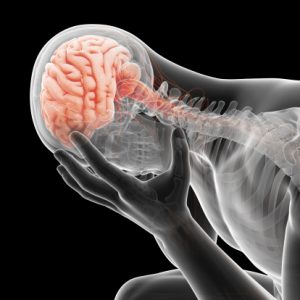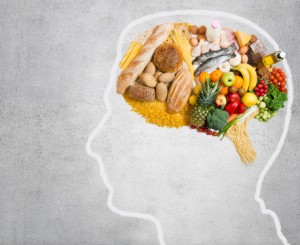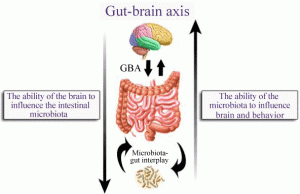Fascinating research on PANS and PANDAS (Pediatric Autoimmune Neuropsychiatric Syndrome) suggests that hidden infection plays a role in many mental health issues.
So far, the research has focused on bacterial streptocauccus infection, with treatment being longterm antibiotics. This approach brings its own side effect to the body’s immune system, digestive system, and microbiome and can inhibit long-term health and vitality.
Not to mention breeding antibiotic resistance that could spread to the rest of the population.
But I wonder about parasites, too. Maybe the foreign invaders that the white blood cells see in a PANS patient are strep bacteria, as some doctors have suggested… or maybe they are a virus or parasite that we just haven’t looked hard enough to find yet?
According to the
article, “The clearest and most common characteristic was rapid onset: A kid could be himself one day and a stranger the next. “
One day everything is normal, and then we get infected by something and everything changes almost overnight. This is a clear indication of a new infection in the body!
Regardless of the type of foreign invader, the immune system will respond with inflammation triggered by the release of inflammatory mediators. The most famous mediator we all know is histamine, but there are eighty or more types of mediators that the white blood cells can release once they deem there is a threat to the body. It doesn’t really matter which mediators are released because they all cause inflammation.
Mediators travel everywhere the blood does, meaning that inflammation is systemic. When we are inflamed, our brain is also inflamed. Inflammation can make it difficult to think clearly, to make good decisions, to be happy. When our brain is inflamed we are moody and mean; we feel our most basic emotions of anger, guilt, sadness, fear, despair.
When our immunesystem triggers inflammation, symptoms may include mental health issues of depression, obsessive-compulsive disorder, anxiety and panic attacks, psychosis, mania, bipolar, and more.
However, I believe there is a better way to free yourself from the hidden infestation that is at the root of your mental health than the toxicity of long-term antibiotics. It you’re interested in exploring a more natural, pharmaceutical-free way to recover from the effects of a hidden infection that could be holding you back from living your life, then it’s time to open your mind to alternative paths to healing.

I invite you to join me at the upcoming
Holistic Health & Wellness Forum to meet and mingle with innovative wellness practitioners and try out new modalities for healing. You could find the solution to turn your life around that you’ve been searching for that very day!
 I invite you to join me at the upcoming Holistic Health & Wellness Forum to meet and mingle with innovative wellness practitioners and try out new modalities for healing. You could find the solution to turn your life around that you’ve been searching for that very day!
I invite you to join me at the upcoming Holistic Health & Wellness Forum to meet and mingle with innovative wellness practitioners and try out new modalities for healing. You could find the solution to turn your life around that you’ve been searching for that very day! I invite you to join me at the upcoming Holistic Health & Wellness Forum to meet and mingle with innovative wellness practitioners and try out new modalities for healing. You could find the solution to turn your life around that you’ve been searching for that very day!
I invite you to join me at the upcoming Holistic Health & Wellness Forum to meet and mingle with innovative wellness practitioners and try out new modalities for healing. You could find the solution to turn your life around that you’ve been searching for that very day!



